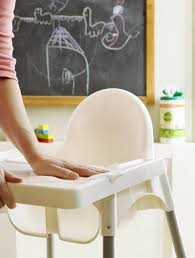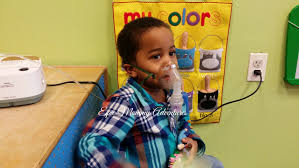 Enterovirus D68, or EV-D68 is a virus that has spread quickly in the Midwest and parts of the South and Northeast of the U.S. within the last month. It is a virus that causes severe respiratory illness. The virus has affected mostly children and teenagers from the ages of 6 months to 16 years. Enterovirus has spread in a very short period infecting clusters of children mainly in the Midwest. As of Sept. 19, the CDC has confirmed 160 cases of EV-D68 in 22 states.
Enterovirus D68, or EV-D68 is a virus that has spread quickly in the Midwest and parts of the South and Northeast of the U.S. within the last month. It is a virus that causes severe respiratory illness. The virus has affected mostly children and teenagers from the ages of 6 months to 16 years. Enterovirus has spread in a very short period infecting clusters of children mainly in the Midwest. As of Sept. 19, the CDC has confirmed 160 cases of EV-D68 in 22 states.
What is EV-D68 (Enterovirus) and what are the symptoms?
EV-D68 is a viral infection that affect the respiratory system. Kids who have Enterovirus D68 usually have a cough and trouble breathing, sometimes with wheezing. Most of them have asthma like symptoms, even though they have no history of asthma. Viral infections usually start off with a fever, but not all kids with EV-D68 have a fever. Only about 25% to 30% of kids have symptoms of fever. Most of them, have difficulty breathing, and coughing.
Can EV-D68 be prevented?
Enterovirus can live on the surface for as long as a day. Therefore, these germs can easily be transported through simply touching the contaminated surface and touching the nose or eyes. You can also get it by close person-to-person contact.
Due to the infectious nature of the virus, people can simply protect themselves by washing their hands thoroughly. Especially after contact with infected individuals. Reminding kids to cover their mouths with a tissue or coughing on their sleeve or the crook of their elbow instead of their hands will help them reduce contact with the virus by their hands. Disinfecting surfaces such as doorknobs, toys, and tabletops with detergents or disinfectants will help reduce or kill the enterovirus.
How do we treat EV-D68?
Antibiotics will not help EV-D68 because it is a virus and not a bacterial infection. There are no vaccines or antiviral medication to treat it. Children who are infected by this virus usually need plenty of rest and fluids to let the virus run it’s course. In more severe cases, those who are infected and have trouble breathing will be given supplemental oxygen to help open and relax air passages to the lungs. If there is labored breathing or rapid breathing, the child will need to go to the emergency room immediately.
